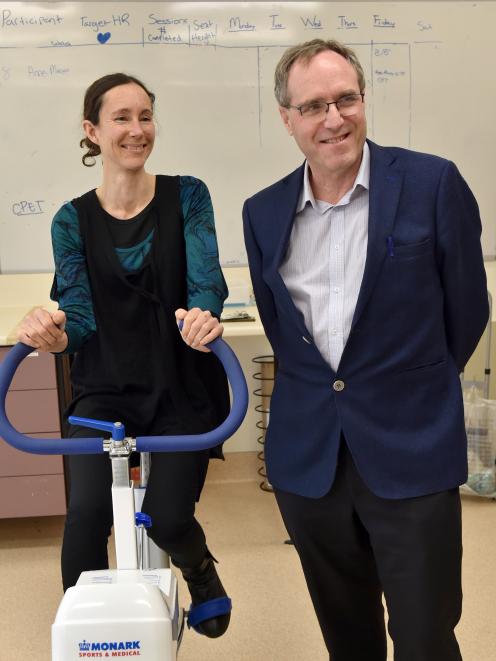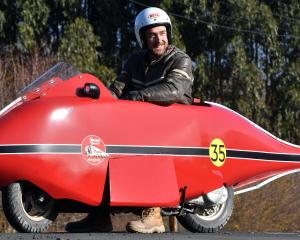
Dunedin Hospital colorectal surgeon and University of Otago senior lecturer Dr John Woodfield found those who did repeated aerobic high-intensity intervals at about 80% of the maximum heart rate, followed by active recovery, had improvements in peak oxygen consumption, a reduction in post-surgical complications and shorter stays in hospital.
His findings come after completing a comprehensive analysis of 11 separate research studies and 581 patients, which found positive impacts of HIIT prior to surgery when compared with standard care.
Dr Woodfield said HIIT directly impacted cardiorespiratory fitness, improving physical function when increased prior to surgery, and boosted postoperative outcomes.
"A programme of preoperative HIIT allows surgical patients to recover faster and have fewer complications.
"Generally, patients have about four weeks’ notice prior to surgery.
"Prehabilitation with approximately 12 sessions of HIIT can increase a patient’s base fitness level by 10% over this period.
"We have also demonstrated this to be the case in frail patients with medical comorbidities", he said.
If the preoperative benefits of HIIT were offered as a tablet, there would be a "universal take-up".
But there were challenges with patients adopting exercise programmes which increase their heart rate prior to surgery.
"Issues include limited time between diagnosis and surgery, and institutional challenges with hospitals not providing or not consistently promoting prehabilitation programmes.
"For patients, there are challenges with time, accessibility and motivation.
"When and where possible, HIIT should be incorporated into all prehabilitation programmes before major surgery", he said.
Dr Woodfield’s research will be unveiled at the Royal Australasian College of Surgeons’ Annual Scientific Congress being held in Christchurch this week.
The congress is the largest multidisciplinary surgical meeting held in the southern hemisphere and brings together some of the top surgical and medical minds from across New Zealand, Australia and the rest of the world.












